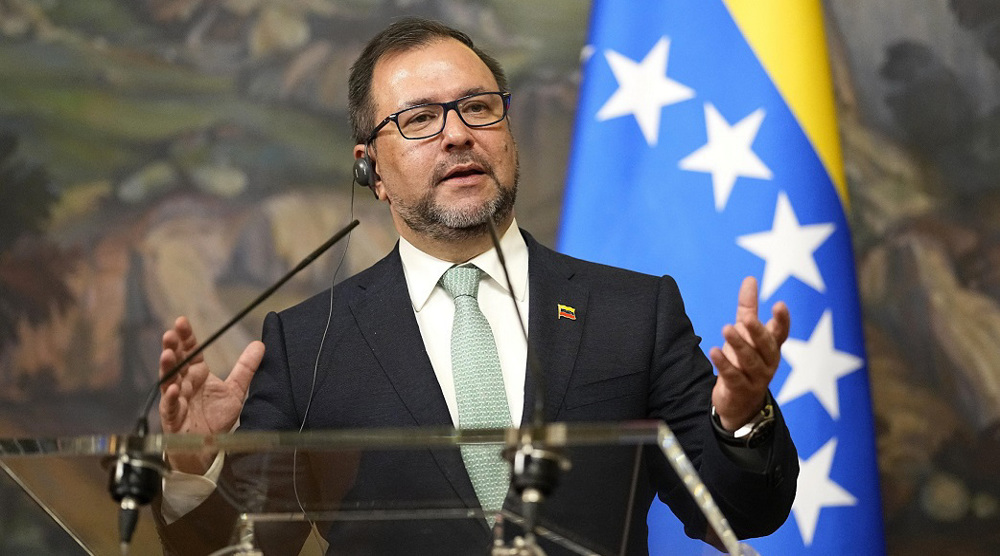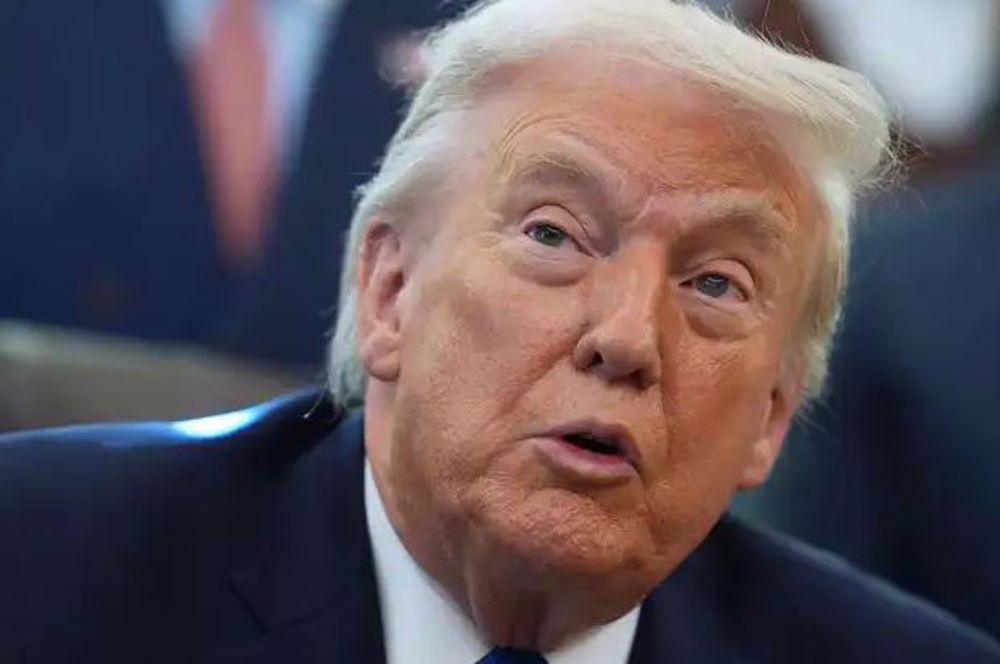New Venezuela parliament sworn in, US-backed Guaido out
A new Venezuelan parliament has been sworn in, with President Nicolas Maduro’s Socialist Party consolidating control and US-backed opposition figure Juan Guaido left without a job.
A total of 256 of the National Assembly’s 277 seats are now in the hands of Maduro’s United Socialist Party and its allies following the December 6, 2020 elections, which were boycotted by the Guaido-led opposition, who claimed fraud without evidence.
The chamber, which has a five-year mandate, was previously controlled by an opposition majority, with Guaido as its speaker since 2019.
In January 2019, Guaido also unilaterally proclaimed himself “interim president” of Venezuela after rejecting the victory of Maduro in the May 2018 presidential election. The US offered immediate recognition and support to the little-known opposition figure.
Guaido later launched an abortive coup, also with American support, strengthening speculation that he worked in coordination with Washington to undermine or topple the Socialist Maduro.
“An important part of the opposition has adopted the extremist vision that was imposed from Washington during the [US President Donald] Trump era,” Maduro declared in a television interview on January 1. “The Trump era is ending. We will see how that part of the opposition reacts.”
Police and soldiers on Tuesday blocked off streets around the parliamentary building in central Caracas, with only a small group of people gathered amid a week-long confinement declared by President Maduro over the COVID-19 outbreak.
Lawmakers wearing masks and carrying portraits of revolutionary hero Simon Bolivar and the late president Hugo Chavez lay flowers on a public square before heading to the National Assembly for the swearing-in ceremony.
New Parliament Speaker Jorge Rodriguez, meanwhile, joked with other legislators that the chamber required an “exorcism” after the previous five years, saying holy water had been sprinkled “in every corner” of the chamber.
Maduro and members of his party had campaigned with pledges of punishing “traitors,” referring to Guaido and other US-sponsored opposition MPs who unlawfully voted in December to continue functioning alongside the newly-elected parliament.
Pompeo rejects ‘fraudulent’ new congress
Meanwhile, the outgoing US Secretary of State Mike Pompeo rejected Venezuela’s new assembly as “a fraudulently elected body,” claiming in a statement that Washington recognized Guaido as “the legitimate president of Venezuela.”
“We consider this group to be illegitimate and will not recognize it nor its pronouncements,” Pompeo added, referring to the new parliament, which was also rejected by US-allied governments in Colombia, Brazil, and Uruguay.
He also described the official swearing-in ceremony as “a show taking place in a Federal Legislative Palace hijacked by a dictator that no one recognizes.”
Pompeo further insisted on Tuesday that Guaido and the previous parliament were “the only democratic representatives of the Venezuelan people as recognized by the international community, and they should be freed from Maduro’s harassment, threats, persecution, and other abuses.”
Members of the Lima Group — consisting of more than a dozen Latin American nations and Canada — also announced they did “not recognize the result of an election” that they claimed violates the National Assembly’s “constitutional right to meet without intimidation or interference” to elect its president and governing board.
Tuesday’s inauguration of Venezuela’s new parliament coincides with the waning days of the US presidency of Donald Trump, who was Guaido’s top ally and sponsor.
Guaido, now officially out of a job, has plans to maintain a parallel parliament of shadow opposition lawmakers, vowing a “diplomatic offensive” to ensure that as many countries as possible would avoid recognizing the socialist-held congress, further calling on his supporters to take to the streets.
“The national parliament will not be stopped until we have seen free elections take place in Venezuela,” he proclaimed in a Sunday video message posted on Twitter.
This is while Guaido is faced with an increasingly weak opposition mobilization.
A referendum-style consultation called by Guaido and held over five days in December 2020 for people to censure the December 6 vote failed to muster the large numbers of opposition supporters that took part in violent demonstrations in 2019.
Analysts, meanwhile, have emphasized that the Guaido-led opposition’s move has no foundation in law.
Political scientist Jesus Castillo-Mollendo said the unilateral ruling had no basis in law, adding that it did not enjoy popular support.
“Inside Venezuela, everyone knows that this position is more symbolic than anything, that there is no way of exercising it because there is no control of the institutions,” he told AFP.
CIA turns to Kurdish militants to destabilize Iran after war failures: Report
Iran won’t remain silent in face of aggression: Envoy
Iran sets three-day ceremony to bid farewell to late Ayatollah Khamenei
Tehran warns EU against ‘Nazi mindsets,’ slams German backing of Israeli-US aggression
Iran agreed to nuclear concessions in Geneva talks – and then US-Israel bombed
Witkoff undermined Iran talks by peddling lies to build case for military aggression: Report
Scrutiny mounts over Trump’s Iran war amid contradictory claims, soaring costs: Reports
No imminent threat, just Israeli agenda: US senators push back on war on Iran
















 This makes it easy to access the Press TV website
This makes it easy to access the Press TV website